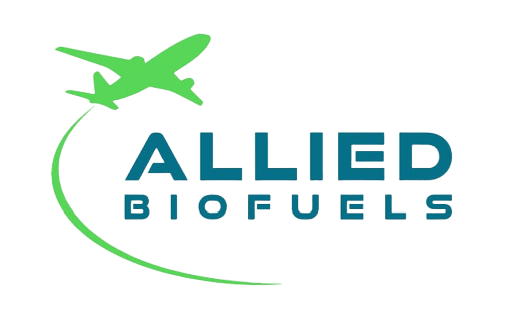Certified SAF for global airlines
Powering Tomorrow’s Flights — From Central Asia to the World.
Transforming local feedstocks into certified Sustainable Aviation Fuel (SAF) using proven technologies—cutting emissions by up to 80%, fueling global decarbonization, and driving resilient growth across Central Asia.
Project Overview: Allied Biofuels Uzbekistan
Allied Biofuels is building Central Asia’s first integrated biorefinery and solar energy complex in Uzbekistan—producing Sustainable Aviation Fuel (SAF), electro-SAF (eSAF), and Green Diesel.
Engineered with advanced process technologies and circular feedstocks, our project delivers cleaner fuels, strengthens regional energy independence, and accelerates climate-smart growth—positioning Uzbekistan as a bold new force in the global green economy.
-
Diversified Hybrid Feedstocks
We harness a portfolio of regionally adapted feedstocks, from energy crops to agricultural residues, reducing exposure to single-crop risks. This ensures steady, secure supply while strengthening rural economies through new revenue streams for farmers. -
Proven Technology Pathway
By adopting commercially validated ETJ and ATJ platforms, we de-risk the project’s technical foundation, accelerate regulatory certifications, and minimize the timeline from commissioning to full production. -
Vertically Integrated Model
Our “field to tank” integration—from feedstock cultivation and aggregation to advanced refining—optimizes cost structures, maintains quality control, and achieves superior carbon intensity performance.
Decarbonizing Aviation, From Uzbekistan to the World.
Our Vision for SAF
Allied Biofuels: Cutting CO₂ by up to 85%, powering a resilient future
While the SAF project at Allied Biofuels is still in development, our commitment to innovation and sustainability drives us forward. We are focused on overcoming the challenges associated with SAF production, including scalability and cost-effectiveness, to ensure that we can deliver a viable, sustainable fuel alternative for the aviation industry.
Our Technology
The most advanced, adaptable platform for producing sustainable aviation fuel.
At Allied Biofuels, we deploy world-leading ETJ and ATJ technologies integrated with circular carbon and nitrogen systems—delivering a versatile, scalable solution that transforms local feedstocks into globally compliant, low-carbon SAF. Designed for Uzbekistan’s strategic position, our technology platform maximizes yield, minimizes emissions, and sets a new benchmark for sustainable fuel innovation in Central Asia.
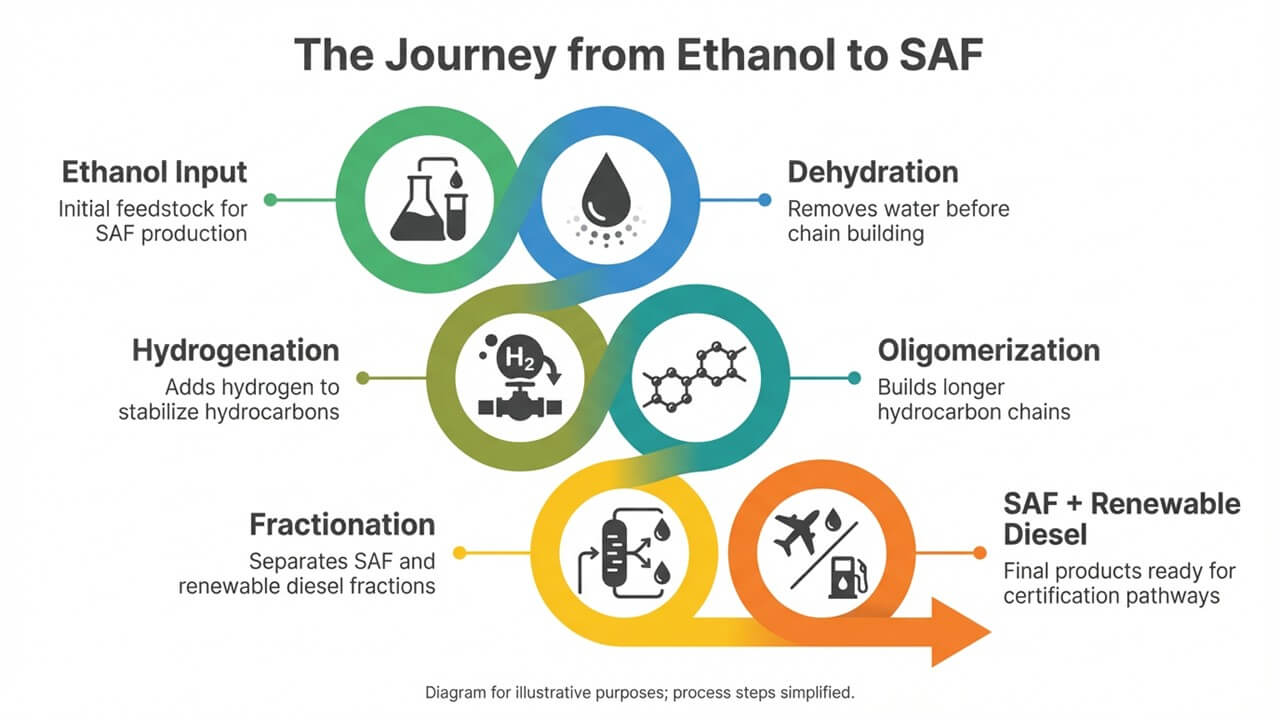
In the Spotlight
Allied Biofuels is driving Uzbekistan’s clean energy future with a clear mission: To produce Sustainable Aviation Fuel (SAF), electro-SAF (eSAF), and Renewable Diesel that protect the environment, strengthen local economies, and deliver resilient, long-term growth.
Dr. santiago gagaza
Chief Strategist
ETJ/ATJ Process
Converting Ethanol to Sustainable Jet Fuel: A Proven Catalytic Pathway
At Allied Biofuels, our proposed technology converts low-carbon ethanol into SAF, approved for blending up to 50% with Jet A fuel, with pathways under development toward 100% SAF certification. Sourced under strict sustainability standards, our versatile process uses globally available ethanol—delivering a scalable, climate-driven solution from Uzbekistan to the world.
ETJ/ATJ Process
Converting Ethanol to Sustainable Jet Fuel: A Proven Catalytic Pathway
At Allied Biofuels, our proposed technology converts low-carbon ethanol into SAF, approved for blending up to 50% with Jet A fuel, with pathways under development toward 100% SAF certification. Sourced under strict sustainability standards, our versatile process uses globally available ethanol—delivering a scalable, climate-driven solution from Uzbekistan to the world.

Flexible Sourcing
Our technology accepts diverse low-carbon ethanol inputs—agricultural residues, municipal solid waste, and even captured carbon—enabling global production that taps into local, sustainable feedstocks.
Adaptive Product Mix
Designed for market agility, our process can shift seamlessly between maximum SAF or renewable diesel output, aligning production with evolving demand for these premium, low-carbon fuels.

Locally Sourced, Globally Aligned
Our SAF begins with low-carbon ethanol produced entirely from locally sourced feedstocks in Uzbekistan, ensuring supply chain resilience and regional economic benefit while adhering to the highest sustainability standards.
Significant Climate Impact
Our process delivers deep greenhouse gas reductions and, depending on feedstock profiles, can even achieve carbon-negative results. It also cuts contrail formation, sulfur emissions, and particulate matter by up to 95%, advancing climate action and cleaner air.

High Selectivity to SAF
In maximum jet mode, our process delivers exceptional precision—over 90% of hydrocarbons produced are in the jet fuel range, maximizing output of premium SAF.
Superior Carbon Efficiency
We convert 98% of the carbon in our ethanol feedstocks into high-value hydrocarbons, ensuring minimal waste and maximum climate benefit.
Higher Energy Density
Our SAF surpasses the energy density of conventional Jet A fuel, offering airlines a superior-performing, drop-in alternative that enhances flight efficiency and reduces fuel burn.
The Aviation Industry
Building a More Sustainable Future for Aviation
Aviation is indispensable to our modern world—driving global commerce, enabling critical transport, and bringing people together across continents. Yet with mounting climate challenges, advancing sustainable aviation is no longer optional; it is an urgent priority. At Allied Biofuels, we’re pioneering solutions that dramatically cut aviation’s carbon footprint, ensuring that air travel remains a viable, responsible choice for generations to come. By harnessing locally sourced, low-carbon resources in Uzbekistan, we are helping secure the future of flight—cleaner, smarter, and truly sustainable.
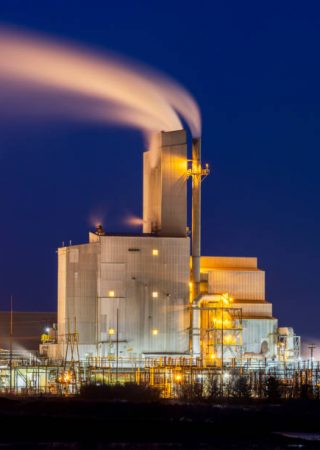
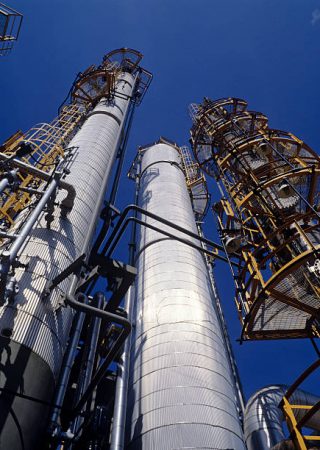
What is Sustainable Aviation Fuel (SAF)?
Powering the skies with purpose—one sustainable flight at a time.
SAF is an advanced biofuel engineered specifically for aviation—produced from sustainable feedstocks like waste oils, agricultural residues, and other renewable resources. Chemically indistinguishable from conventional jet fuel, SAF seamlessly powers today’s aircraft while delivering up to an 80% reduction in lifecycle greenhouse gas emissions compared to fossil-based alternatives.
At Allied Biofuels, we’re at the forefront of this transformation. From our flagship biorefinery in Uzbekistan, we’re proving that with innovation and steadfast commitment, it’s possible to meet the demands of global aviation while safeguarding our planet for generations to come. Join us in reshaping the future of flight—cleaner, smarter, and truly sustainable.


Carbon Emission Reduction
The aviation industry is responsible for a significant portion of global carbon emissions. SAF provides an immediate and effective way to reduce these emissions, helping airlines meet their sustainability targets and contribute to global climate goals.
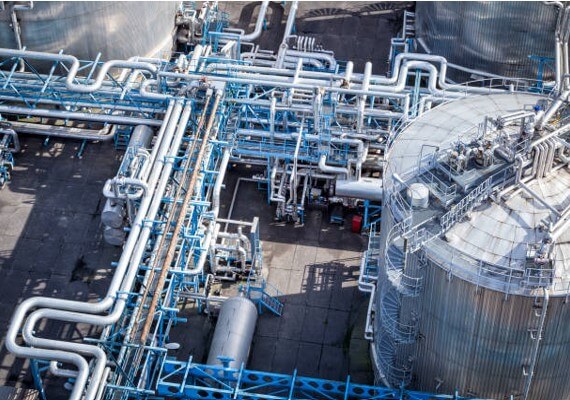
Compatibility with Existing Infrastructure
One of the key advantages of SAF is that it is fully compatible with current aircraft and fueling infrastructure. This means that airlines can adopt SAF without the need for costly modifications, allowing for a seamless transition to more sustainable operations.
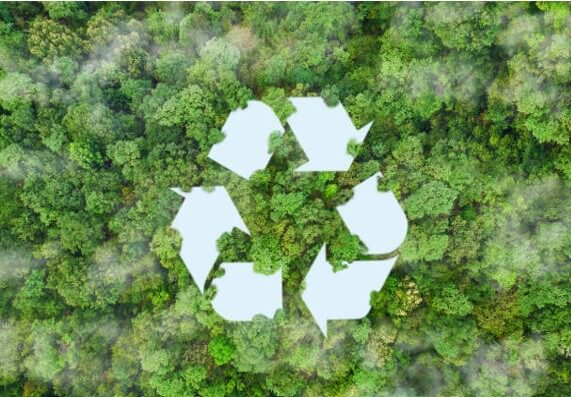
Supporting a Circular Economy
By utilizing waste materials and renewable resources, SAF production supports a circular economy, reducing reliance on fossil fuels and minimizing waste. This not only helps to conserve natural resources but also reduces the overall environmental impact of fuel production.
In the Spotlight
Aviation is responsible for approximately 2 to 3% of global carbon emissions. However, when accounting for non-CO2 emissions, its total impact on climate change is considerably higher. With the demand for air travel expected to increase, the aviation sector's contribution to global warming is likely to grow. The urgency to decarbonize the aviation industry has never been greater—it's a challenge that requires immediate and innovative solutions.
2-3%
Aviation currently accounts for approximately 2 to 3% of global CO2 emissions.
2-3%
According to projections by the International Air Transport Association (IATA), the demand for air travel is expected to double by 2040.

Sustainable Aviation Fuel (SAF) Development at Allied Biofuels
At Allied Biofuels, we are committed to driving the future of sustainable energy—and at the heart of this mission is our focus on Sustainable Aviation Fuel (SAF). As global aviation faces mounting pressure to cut its carbon footprint and align with ambitious climate targets, SAF has emerged as a pivotal solution for decarbonizing flight.
Our work goes beyond simply producing an alternative fuel. We are building an integrated, scalable platform in Uzbekistan that transforms locally sourced, low-carbon feedstocks into high-quality SAF—helping airlines meet regulatory demands, reduce emissions by up to 80%, and secure a cleaner, more resilient future for air travel. Through innovation and determination, we’re ensuring that aviation can continue to connect the world—responsibly and sustainably.
